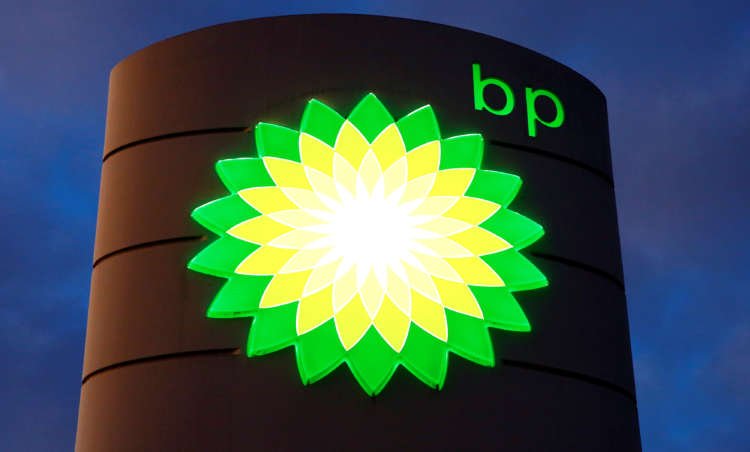State oil firms risk wasting $400 billion as energy shift speeds up
Published by linker 5
Posted on February 9, 2021
3 min readLast updated: January 21, 2026

Published by linker 5
Posted on February 9, 2021
3 min readLast updated: January 21, 2026

By Julia Payne
LONDON (Reuters) – State-owned oil companies could squander about $400 billion on investments in the next decade on new oil projects that will struggle to turn a profit as the world shifts away from fossil fuels, a non-governmental organisation said on Tuesday.
The Natural Resource Governance Institute (NRGI) estimated national oil companies, or NOCs, would invest $1.9 trillion in the next 10 years with about a fifth of those investments only breaking even if oil prices stay above $40 a barrel.
Oil prices have climbed to around $60 this week, after plunging below $20 last year when demand plummeted due to the coronavirus crisis. But the long-term outlook is weakening, as more analysts and energy firms see peak oil demand being reached sooner than the previous forecasts of the early 2030s.
“A huge amount of state investments in oil projects will likely only yield returns if global oil consumption is so high that the world exceeds its carbon emission targets,” Patrick Heller, who co-authored NRGI’s Risky Bet report, said in reference to goals set out in the 2015 Paris climate agreement.
Major oil companies like BP, Total and Royal Dutch Shell have progressively lowered their long-term oil price estimates to the $50-60 a barrel range. But some analysts see even lower levels, depending on the pace of the energy transition.
In countries where NOCs are based, about 280 million people live below the poverty line. Funds invested in more challenging oil projects might be better spent on healthcare, education or diversifying the economy to reduce inequality, the report said.
“State oil companies’ expenditures are a highly uncertain gamble,” said David Manley, NRGI’s senior economic analyst and also co-author of the report.
He said investments might turn a profit but could instead “pave the way for economic crises across the emerging and developing world and necessitate future bailouts that cost the public dearly.”

Graphic: NRGI risky NOC investments by region, https://fingfx.thomsonreuters.com/gfx/ce/xklpyoelxpg/NRGI%20with%20source.png
The report said Middle East producers, such as Saudi Arabia, would be less affected as their break even levels were lower. But higher cost African and Latin American countries faced bigger risks, with Mexico’s Pemex and Angola’s Sonangol already weighed down by debt.
The push by NOCs to pump more oil was already delivering poor returns. On average, just one dollar in every four dollars of revenue is returned to government coffers, the report said.
NRGI pointed to heavy investments by Azerbaijan’s SOCAR and Nigeria’s NNPC. It said half of NNPC’s investments could turn into a loss if the global energy transition moved rapidly.
Other countries where investments should be reviewed included Algeria, China, Russia, India, Mozambique, Venezuela, Colombia and Suriname, it said.
(Reporting by Julia Payne; Editing by Toby Chopra and Edmund Blair)
Explore more articles in the Investing category











